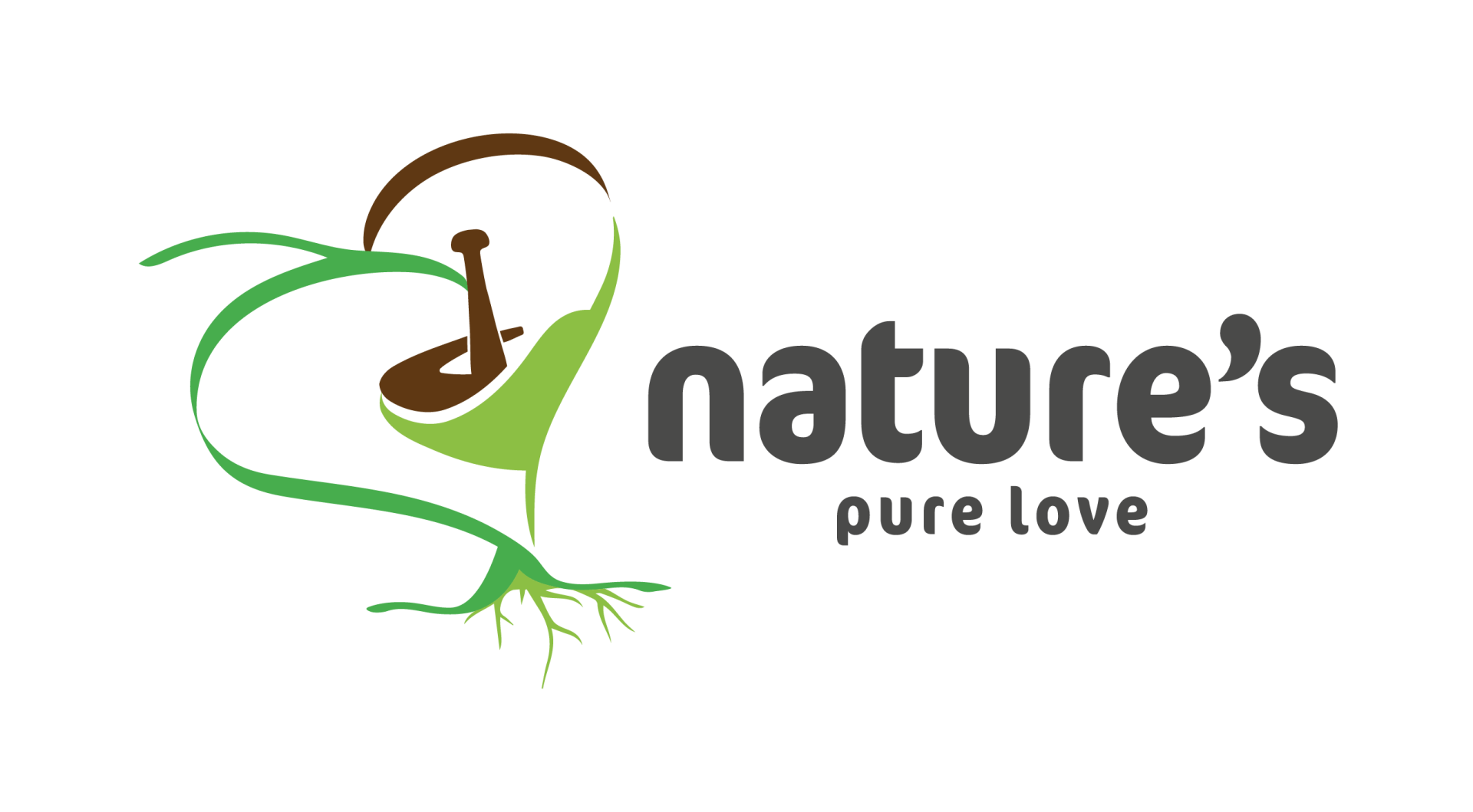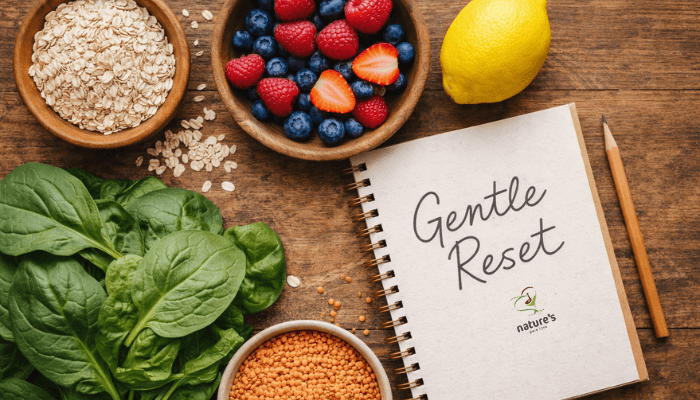Self-Care for Special Needs Parents
Why Self-Care Is Essential for Parents of Children with Special Needs or Invisible Illness

Parenting is one of the most profound and challenging experiences a person can undertake. It is a lifelong commitment filled with love, learning, and responsibility. However, for parents of children with special needs or
invisible illness, this experience often extends far beyond what most people imagine.
The demands of constant care, advocacy, and emotional endurance can transform daily life into a cycle of survival.
Many parents of children with special needs describe their lives as an ongoing balancing act. They juggle therapy appointments, specialist visits, educational meetings, and family responsibilities while managing the emotional and financial implications of their child’s unique needs. What often gets lost in this endless list of duties is the parent’s own well-being.
Yet, sustaining the caregiver is not a luxury; it is a necessity. Self-care is not about self-indulgence or escapism—it is about preserving the energy, patience, and compassion required to keep giving. When parents ignore their own needs, both their health and their child’s well-being can begin to decline.
Understanding the Weight of Caregiver Strain
Caring for a child with special needs or invisible illness requires extraordinary levels of time, energy, and emotional endurance. Studies have shown that the stress experienced by parents of children with developmental, cognitive, or physical disabilities can reach levels comparable to those of soldiers in combat. This is not a poetic exaggeration; it is a measurable physiological reality [Mayo Clinic, 2023].
Chronic stress affects both body and mind. Elevated levels of cortisol, the body’s main stress hormone, can cause inflammation, fatigue, digestive disturbances, sleep problems, and weakened immunity.
In prolonged cases, this physiological strain contributes to conditions such as heart disease, diabetes, and hypertension [Mayo Clinic, 2023].
Caregiver strain can be described in two dimensions: objective and subjective.
Objective strain refers to observable challenges—disrupted routines, financial pressures, time loss, and career sacrifices. Many parents spend anywhere between four and eighty-four hours per week providing care [NHS,
Carers UK, 2019].
Subjective strain refers to internal emotional experiences—feelings of isolation, frustration, guilt, and grief.
When both dimensions collide, they create a cycle of exhaustion that often leads to burnout. Parents can begin to feel like they are living in survival mode, unable to rest or recover fully before the next challenge arises.
The Invisible Costs: Health, Finances, and Family
The emotional toll of caregiving is only one part of a larger picture. Financial and social pressures often amplify the strain. Raising a child with special needs or invisible illness can cost significantly more than raising a child without one. Expenses such as specialised therapies, mobility aids, adaptive equipment, or modified transport can quickly accumulate [Disability Unit, UK Government].
Some parents must leave their jobs or reduce their working hours to meet their child’s care requirements, leading to a reduced family income [Caregiving in America, 2025].
This financial tension frequently limits access to self-care resources, such as respite services, counselling, or health retreats. Parents may find themselves trapped in a paradox: the very things that could help restore their well-being are financially out of reach [Bridging the Gap: Financial Strain on Families, 2023].
At the same time, relationships can become strained. Studies show that mothers of children with special needs often experience lower levels of spousal support and greater emotional burden than fathers. Marital tension, social isolation, and emotional fatigue can weaken the family’s foundation. Over time, unresolved stress can erode communication, connection, and intimacy within the home.

The Ripple Effect: How Parental Health Shapes Child Outcomes
Children are deeply attuned to the emotional climate of their homes. When parents are chronically exhausted or emotionally depleted, children may sense that instability and mirror it in their own behaviour. Research published in The Journal of Pediatrics indicates that children of stressed caregivers are twice as likely to develop anxiety or behavioural difficulties [NCBI].
Beyond emotional influence, chronic parental stress can alter a child’s brain development. Consistent exposure to elevated stress hormones can make children more susceptible to mood disturbances later in life. Thus, the parent’s well-being is not an isolated factor—it is a direct contributor to the child’s developmental health.
The opposite is also true. When parents consistently practise self-care and create moments of calm, their children experience greater emotional resilience and stability. A rested, balanced caregiver provides a secure base from which the child can explore and grow.
This truth reshapes the narrative of self-care from one of personal luxury to one of family preservation. Every act of rest, reflection, and nourishment a parent takes is an act of love—not only for themselves but also for their child.
Reframing Self-Care: From Guilt to Growth
One of the greatest barriers to self-care among parents of children with special needs is guilt. Many feel they cannot afford to rest when there is so much to do. They worry that time spent on themselves is time taken from their child.
Yet the reality is that self-care enhances the ability to provide care. A parent who is physically strong, emotionally grounded, and mentally alert can make clearer decisions, respond with patience, and advocate more effectively for their child’s needs.
Reframing self-care as a professional responsibility rather than a personal indulgence can help shift this mindset. Just as an athlete requires recovery periods to perform at their best, caregivers require intentional rest and rejuvenation to sustain their long-term role [Special Needs Parenting Guide].
Simple, consistent practices can form the foundation of this shift:
Foundations of Restorative Self-Care
- Prioritise Sleep – Quality rest is essential for cognitive and emotional regulation. Establish consistent routines and a calm environment.
- Move Regularly – Physical activity reduces stress hormones and improves stamina. Even brief walks or stretching make a difference.
- Eat Nourishing Foods – Balanced nutrition supports brain function and energy stability.
- Practise Mindfulness – Deep breathing, meditation, or mindful pauses promote calm and reduce anxiety.
- Connect with Others – Relationships with other parents or support groups create empathy and shared understanding.
- Allow for Respite – Short breaks or professional respite services restore emotional balance and perspective [NHS Respite Care Info].
By integrating these habits, self-care becomes a natural rhythm—an act of preparation for life’s ongoing demands.
Building Resilience Through Awareness
Resilience is not the absence of struggle; it is the capacity to adapt. Awareness of emotional states, physical limits, and personal triggers forms the foundation of resilience.
Research from Stanford University found that parents of children with autism who participated in resilience-building programmes experienced lasting reductions in anxiety and depression. This shows that resilience can be learned and sustained.
Practical steps include:
- Self-Observation: Notice signs of tension, fatigue, or irritability before they escalate.
- Cognitive Reframing: Replace self-blame with self-compassionate statements.
- Boundaries and Priorities: Learn to say “no” and delegate where possible.
- Reflective Journalling: Record experiences to gain clarity and highlight growth.
- Therapeutic Support: Professional counselling or mindful self-care programmes can help reset emotional patterns.
Each of these practices strengthens the caregiver’s internal stability and capacity to respond rather than react [UK Mental Health Services].
The Role of Community and Connection
T
he phrase “it takes a village” resonates deeply for families navigating special needs. Isolation amplifies stress, but community connection can relieve it. Parents who share their journeys build collective understanding and emotional safety.
Creating a support system might include:
- Joining online or local parent groups.
- Partnering with schools and therapists to share experiences.
- Scheduling time for social connections unrelated to caregiving.
It’s equally vital to nurture an identity beyond parenting. Pursuing hobbies, education, or creative outlets helps restore confidence and a sense of purpose. By caring for the self beyond the caregiving role, parents strengthen their overall well-being and independence [Carers UK].
Respite Care: The Essential Safety Valve
Respite care offers essential breaks from caregiving demands—whether an hour, a day, or a weekend. Research indicates that parents who utilise respite care experience lower stress, improved family cohesion, and fewer health complications.
Yet, many families struggle to find or fund respite services. Community organisations, local councils, and national programmes are valuable resources for exploring support options.
Regular respite is not a sign of weakness; it is a sign of sustainable strength [US Government Respite Care Support].
Breaking the Silence: Redefining Strength
Strength has long been misunderstood as endurance without rest. In truth, real strength lies in knowing when to pause. Acknowledging exhaustion is not failure—it is awareness.
When parents openly discuss the realities of caregiver fatigue, they help dismantle stigma and encourage others to seek help. Talking about mental health does not undermine resilience; it deepens it.
Each conversation builds a more compassionate culture—one where vulnerability is recognised as courage.
A Message to Every Parent on the Journey
If you are raising a child with special needs, know that your efforts matter. Your daily dedication, your advocacy, and your love are seen. But love for your child does not mean neglecting love for yourself.
Your well-being is the foundation of your child’s future. The calmer, stronger, and healthier you are, the more stability and security your child will feel.
Self-care is not a break from responsibility; it is the renewal of your ability to fulfil it. Permit yourself to rest, to heal, and to grow. In doing so, you honour both your journey and your child’s.
Conclusion
Parenting a child with special needs demands extraordinary strength. Yet that strength cannot thrive without restoration. When caregivers neglect their own health, families suffer; when they nurture it, everyone benefits.
Self-care is not separate from caregiving—it is its foundation. To care deeply, you must first be cared for. To give fully, you must first be filled.
Your Health Is in Your Hands
At
Nature’s Pure Love (NPL), we believe that every caregiver deserves to live in balance—physically, emotionally and spiritually.
Our philosophy is grounded in the C.R.E.A.M. Holistic Health Plan, a lifestyle model designed to empower people through natural, mindful self-care practices.
The C.R.E.A.M. approach guides individuals to:
- Cleanse: physical and emotional fatigue
- Restore: vitality through holistic balance
- Energise: obtain energy and mental clarity
- Align: resilience and strength
- Maintain: well-being for sustainable health
If you are ready to restore balance, reconnect with yourself, and explore holistic approaches to wellness, connect with the NPL Wellness Team today.
You are not alone on this journey. Make Nature’s Pure Love your own—because your health, your peace, and your purpose truly are in your hands.
Click on the chat button to kickstart your wellness Journey.
References included:
Mayo Clinic. Caregiver stress: Tips for taking care of yourself.
https://www.mayoclinic.org/healthy-lifestyle/stress-management/in-depth/caregiver-stress/art-20044784- NHS & Carers UK. Key facts and figures about caring.
https://www.carersuk.org/policy-and-research/key-facts-and-figures/ - Disability Unit, UK Government. Government support for families with disabled children.
https://disabilityunit.blog.gov.uk/2021/03/30/government-support-for-families-with-disabled-children/ - Caregiving in America, 2025 Study on Family Caregiving.
https://www.guardianlife.com/reports/caregiving-in-america - NCBI - Family Caregiving Roles and Impacts.
https://www.ncbi.nlm.nih.gov/books/NBK396398/ - Special Needs Parenting: A Comprehensive Guide. CHAMPS Academy UK.
https://www.champs-academy.co.uk/how-to-navigate-special-needs-parenting-a-comprehensive-guide/ - UK NHS. Information on respite care services.
https://www.nhs.uk/conditions/social-care-and-support-guide/help-from-social-services-and-charities/respite-care/ - UK Mental Health Services. Resilience building for caregivers.
https://www.mentalhealth.org.uk/a-to-z/r/resilience - US Government. Funding and support for respite care programs.
https://www.interimhealthcare.com/blog/funding-respite-care-finding-financial-assistance/
1. Why is self-care so important for parents of children with special needs or invisible illness?
Self-care is essential because it preserves the caregiver’s energy, patience, and emotional balance.
When parents nurture their own well-being, they are better equipped to support their child’s growth and maintain family harmony.
2. Isn’t self-care selfish when my child needs constant attention?
Not at all. Self-care is an act of love—not indulgence. It allows you to replenish your strength so you can continue to give your best.
A rested and grounded parent provides a calmer, more secure environment for their child.
3. What are some simple ways to practise self-care daily?
Start small and stay consistent:
Prioritise quality sleep
Eat nourishing meals
Move your body regularly
Take mindful pauses
Stay connected with supportive people
Even brief moments of rest or reflection can restore balance and resilience.
Start small and stay consistent: Prioritise quality sleep Eat nourishing meals Move your body regularly Take mindful pauses Stay connected with supportive people Even brief moments of rest or reflection can restore balance and resilience.
Guilt is a common emotion among caregivers, but it often stems from misunderstanding what self-care means. Think of self-care as maintenance—not escape.
Just as professionals need breaks to perform effectively, caregivers need moments to reset so they can continue caring with compassion.
5. How does my well-being affect my child?
Children are deeply sensitive to their parent’s emotional state. When parents are overwhelmed or exhausted, children can feel that instability.
By nurturing your own calm and strength, you create a steady, reassuring space that supports your child’s emotional and physical development.
6. What is caregiver strain, and how can I recognise it?
Caregiver strain includes both practical challenges (like time pressure and financial stress) and emotional weight (such as guilt, isolation, or fatigue).
Signs include constant exhaustion, irritability, poor sleep, or feelings of helplessness. Recognising these early helps you take proactive steps toward balance.
7. How can I build resilience as a parent-carer?
Resilience grows from awareness and self-compassion. Journalling, mindfulness, boundary setting, and talking to supportive professionals can help.
Journaling NPL’s C.R.E.A.M. approach—Cleanse, Restore, Energise, Align, Maintain—offers a framework to build physical, mental, and emotional strength naturally.











